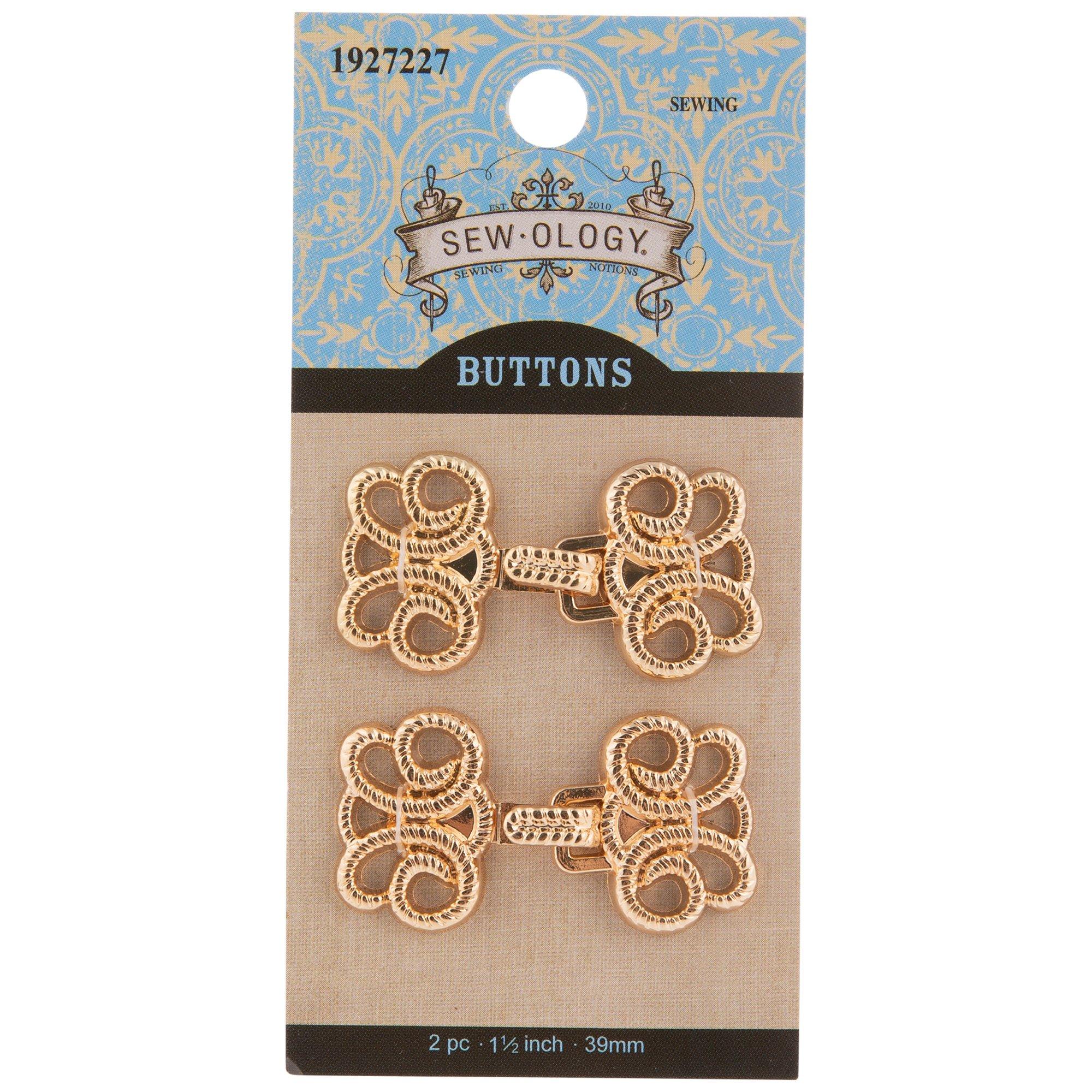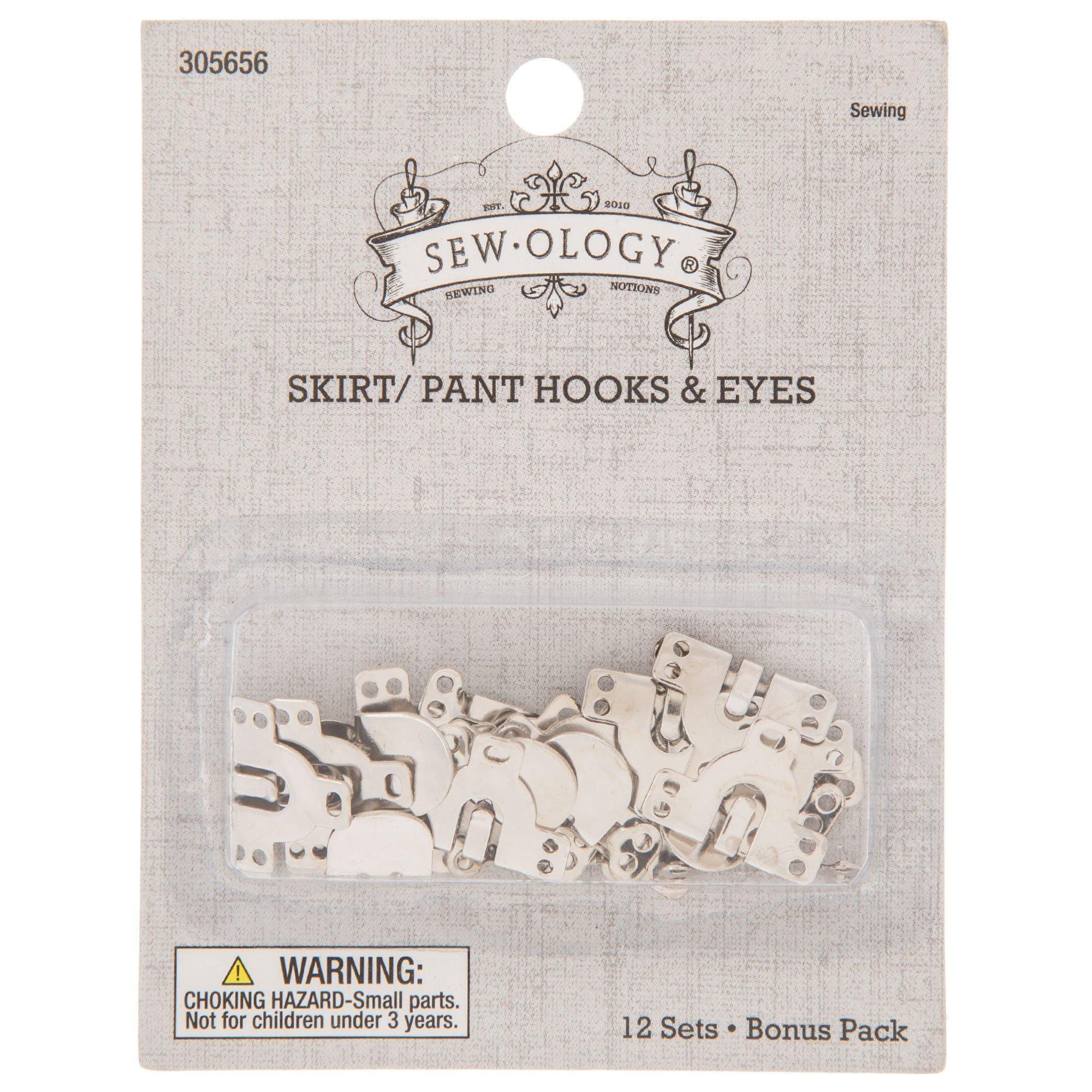Prepare yourself for a significant change in the crafting and DIY world as Hobby Lobby, a beloved retail giant in the United States, plans to close several stores starting in 2025. This decision reflects a major transformation in the retail landscape, sparking discussions among customers, employees, and industry experts. For decades, Hobby Lobby has been a trusted destination for hobbyists, offering an extensive range of crafting supplies, home décor, and seasonal items. However, evolving consumer habits, economic pressures, and the rise of e-commerce have compelled the company to reassess its strategy. While the closures may affect local communities and employees, Hobby Lobby remains committed to providing a robust online shopping experience that retains the quality and variety its customers cherish.
Hobby Lobby has long been a cornerstone of the crafting community, attracting enthusiasts with its vast selection of products. The announcement of its store closures in 2025 has generated significant attention and concern. This decision comes amid a broader shift in the retail environment, where traditional brick-and-mortar stores face mounting challenges. Rising operational costs, supply chain disruptions, and declining foot traffic have all played a role in shaping Hobby Lobby's strategic response. The company aims to adapt to these changes by focusing on its online presence, ensuring that customers can still access the products they love with ease and convenience.
In this article, we will explore the reasons behind Hobby Lobby's decision to close stores, assess the potential impact on its customers and employees, and examine the broader implications for the crafting retail industry. Additionally, we will delve into Hobby Lobby's plans to adapt to the evolving retail environment and what this means for the future of crafting enthusiasts. Whether you are a long-time supporter of Hobby Lobby or simply curious about the state of retail in 2025, this article will provide valuable insights into one of the most significant developments in the crafting world.
Read also:Tia Mowry A Journey Of Strength Healing And Hope
Table of Contents
Why Hobby Lobby is Closing Stores
Hobby Lobby's decision to close stores in 2025 is the result of careful consideration and analysis of the current retail environment. The company faces significant economic pressures, including rising operational costs, inflation, and supply chain disruptions, which have impacted its profitability. Additionally, the rise of e-commerce has fundamentally altered consumer behavior, with more shoppers preferring the convenience of online shopping over visiting physical stores. This shift has led to a decline in foot traffic, making it increasingly difficult for traditional retailers to maintain a large physical footprint.
Another crucial factor driving Hobby Lobby's decision is the need to adapt to changing consumer preferences. Today's shoppers value convenience, speed, and accessibility, all of which are more readily available through online platforms. Recognizing this trend, Hobby Lobby has determined that closing underperforming stores is essential to ensuring its long-term sustainability. By focusing on its digital presence, the company aims to meet the evolving needs of its customers while maintaining the high standards of quality and service it is known for.
Supply Chain Challenges
- Increased costs of raw materials and shipping have strained budgets.
- Global disruptions have caused delays in product availability, affecting inventory management.
- Maintaining consistent inventory levels has become increasingly challenging, impacting customer satisfaction.
These supply chain issues have further reinforced the necessity of scaling back physical operations to focus on areas where Hobby Lobby can deliver the most value to its customers.
How Store Closures Affect Customers
The announcement of Hobby Lobby's store closures has elicited a range of emotions from its loyal customers, including disappointment and concern. Many shoppers rely on Hobby Lobby for their crafting supplies, and the loss of a local store could limit their options for purchasing essential materials. For those who prefer shopping in-store, the closures may mean longer travel times to alternative locations, potentially reducing the frequency of visits and impulse purchases.
However, Hobby Lobby has reassured its customers that its online platform will remain robust and accessible. The company plans to enhance its digital offerings, ensuring that customers can still find the products they love with ease. This transition to a more digital-focused approach may appeal to younger, tech-savvy shoppers who prioritize convenience. Nevertheless, older customers who are less familiar with online shopping may face challenges adapting to this new reality, underscoring the importance of providing support and resources during the transition.
Economic and Industry Challenges Facing Hobby Lobby
The retail industry is currently navigating significant economic and industry challenges, and Hobby Lobby is not immune to these pressures. Rising operational costs, including rent, utilities, and employee wages, have placed immense strain on retailers. According to a report by the National Retail Federation, many businesses are struggling to remain profitable in the face of these expenses. For Hobby Lobby, the decision to close stores represents a strategic response to these financial challenges.
Read also:Joyce Dewitt A Timeless Icon In Entertainment
Moreover, the crafting industry itself is undergoing a transformation. While demand for crafting supplies remains strong, the way consumers access these products is evolving. Online marketplaces and subscription-based services are gaining popularity, offering customers a broader range of options at competitive prices. This shift has compelled traditional retailers like Hobby Lobby to reassess their strategies and adapt to the changing landscape to remain competitive.
Addressing Employee Concerns
The announcement of store closures has understandably raised concerns among Hobby Lobby employees, who fear job losses or the need to relocate to other locations. In response, the company has committed to supporting affected employees through severance packages, job placement assistance, and opportunities for reassignment to remaining stores. This effort demonstrates Hobby Lobby's dedication to its workforce and its recognition of the value employees bring to the organization.
Despite these assurances, the uncertainty surrounding the closures has created anxiety among the workforce. Employees who have dedicated years to the company are now faced with the possibility of starting anew in a different role or industry. Hobby Lobby's leadership has emphasized the importance of transparency and communication during this transition, pledging to keep employees informed and engaged throughout the process.
The Future of Crafting Retail
As Hobby Lobby moves forward with its store closures, the future of crafting retail remains uncertain. The industry stands at a crossroads, with traditional brick-and-mortar stores facing stiff competition from online platforms. To survive and thrive, retailers must innovate and find new ways to engage customers while addressing their evolving needs. This could involve offering personalized shopping experiences, expanding product lines, or investing in digital marketing strategies to enhance visibility and reach.
Despite the challenges, there is still hope for the crafting retail sector. Many consumers continue to appreciate the tactile experience of shopping in-store, valuing the opportunity to see and touch products before making a purchase. By balancing physical and digital offerings, retailers like Hobby Lobby can position themselves for long-term success in an ever-changing market, ensuring they remain relevant to crafting enthusiasts everywhere.
The Story of Hobby Lobby
Hobby Lobby was founded in 1970 by David Green, a passionate entrepreneur with a love for crafting and home décor. What started as a small picture framing business in Oklahoma City has grown into one of the largest arts and crafts retailers in the United States. Over the years, Hobby Lobby has expanded its product offerings to include a wide array of items, from fabric and yarn to seasonal decorations and furniture, catering to the diverse needs of creative individuals.
The company is renowned for its commitment to quality, affordability, and exceptional customer service. Hobby Lobby's stores are often described as havens for creativity, providing inspiration and resources for a variety of DIY projects. Despite its success, the company has remained privately owned, allowing it to preserve its unique identity and values while continuing to grow and adapt to the changing retail landscape.
Key Facts About Hobby Lobby
| Attribute | Details |
|---|---|
| Founder | David Green |
| Founded | 1970 |
| Headquarters | Oklahoma City, Oklahoma, USA |
| Number of Stores | Over 1,000 (as of 2023) |
| Annual Revenue | Approximately $5 billion (estimated) |
Customer Responses to Hobby Lobby's Announcement
Since the announcement of store closures, Hobby Lobby customers have taken to social media and online forums to express their thoughts and feelings. Many have shared heartfelt stories about how the store has inspired their creativity and supported their crafting endeavors. Others have voiced frustration and disappointment over the loss of a beloved local shopping destination.
Despite the mixed reactions, there is a pervasive sense of gratitude among customers for the years of service Hobby Lobby has provided. Some have pledged to continue supporting the company by shopping online, while others are exploring alternative retailers to meet their crafting needs. The overall sentiment is one of nostalgia and appreciation for the role Hobby Lobby has played in enriching their lives through creativity and innovation.
Hobby Lobby's Plan for Online Success
In response to the shifting retail landscape, Hobby Lobby is placing greater emphasis on its online presence. The company plans to expand its e-commerce platform, offering customers a seamless shopping experience with features such as personalized recommendations, faster shipping options, and an expanded product catalog. By investing in technology and digital marketing, Hobby Lobby aims to attract a new generation of shoppers while retaining its loyal customer base.
Furthermore, Hobby Lobby is exploring opportunities to integrate its physical and digital offerings. This could involve initiatives such as buy-online-pickup-in-store (BOPIS) services, virtual workshops, and exclusive online promotions. By embracing these innovations, Hobby Lobby hopes to remain a leader in the crafting industry and continue serving its customers with the same dedication and quality they have come to expect.
Navigating the Future of Retail
Hobby Lobby's decision to close stores in 2025 marks a pivotal moment in the retail industry. While the move is driven by economic challenges and shifting consumer preferences, it also presents an opportunity for the company to adapt and thrive in a digital-first world. For customers, the closures may bring some inconvenience, but they also highlight the importance of supporting businesses that align with their values and interests.
As Hobby Lobby transitions to a more online-focused model, maintaining its commitment to quality, affordability, and customer service will be crucial. By doing so, the company can continue to inspire creativity and provide valuable resources to crafting enthusiasts everywhere. We invite readers to share their thoughts and experiences with Hobby Lobby in the comments below and to stay tuned for updates on the company's journey. Together, we can navigate the changing retail landscape and support the businesses that matter most to us.

